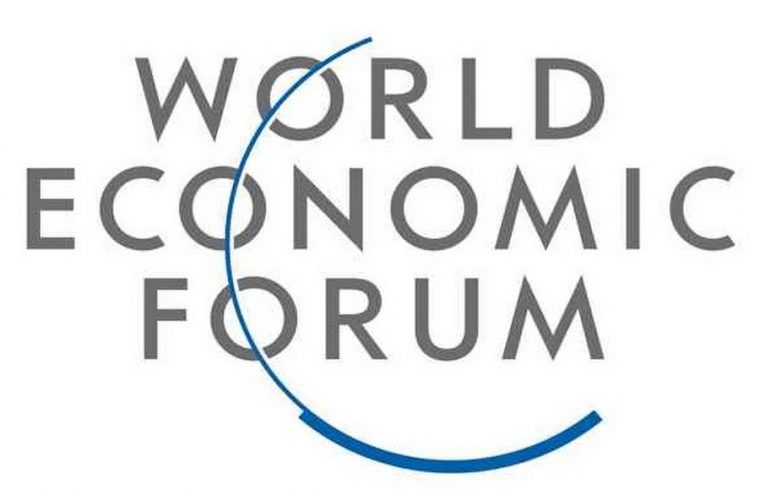The Johns Hopkins Center for Health Security in partnership with the World Economic Forum and the Bill & Melinda Gates Foundation will host Event 201: a high-level simulation exercise for pandemic preparedness and response, in New York, USA, on Friday 18 October, 08.45 – 12.30 EDT.
The exercise will bring together business, government, security and public health leaders to address a hypothetical global pandemic scenario. It will also feature a live virtual experience from 08.50 – 12.30 EDT to engage stakeholders worldwide and members of the public in a meaningful conversation of difficult high-level policy choices that could arise in the midst of a severe pandemic.
The world has seen a growing number of epidemics in recent years, with about 200 events annually including Ebola, Zika, MERS and SARS. At the same time, collective vulnerability to the social and economic impacts of infectious disease crises appears to be increasing. Experts suggest there is a growing likelihood of one of these events becoming a global threat – or an “event 201” pandemic – that would pose disruptions to health and society and cause average annual economic losses of 0.7% global GDP, similar in scale to climate change.
“We are in a new era of epidemic risk, where essential public-private cooperation remains challenged, despite being necessary to mitigate risk and impact” said Arnaud Bernaert, Head of Shaping the Future of Health and Health Care, World Economic Forum. “Now is the time to scale up cooperation between national governments, key international institutions and critical industries, to enhance global capacity for preparedness and response.”
The International Health Regulations (IHR) that unite 196 countries across the globe in a legal commitment to prevent and respond to acute public health risks, prioritize both minimizing public health risks and avoiding unnecessary interference with international traffic and trade. Minimizing the economic impact of epidemics also represents an opportunity to build core capacities to prevent, detect, and respond to outbreaks generally.
“We live in an increasingly interconnected world, and we must help all UN member states align with the International Health Regulations and be prepared to prevent, detect, and respond to acute outbreaks,” said Chris Elias, President of Global Development at the Gates Foundation. “If we fail to do so, the world will be unprepared for the next pandemic.”
“In this new era of extreme pandemic threat, public-private cooperation is essential for an effective response,” said Tom Inglesby, Director of the Johns Hopkins Center for Health Security. “While governments and public health systems are already strained due to the increase in dangerous outbreaks, experts agree that a severe, fast-spreading human-to-human pandemic incident could happen at any time. We believe this well-crafted and thorough realistic tabletop exercise will provide leaders with a deeper understanding of the impact of epidemics on their communities and inspire them to take important steps to advance prevention and response.”
The participants in the live simulation represent a range of backgrounds and industries and include:
- Latoya Abbott, Risk Management/Global Senior Director Occupational Health Services, Marriott International
- Stan Bergman, Chairman and CEO, Henry Schein
- Sofia Borges, Senior Vice President, UN Foundation
- Chris Elias, President, Global Development division, Bill & Melinda Gates Foundation
- Tim Evans, Former Senior Director of Health, World Bank Group
- George Gao, Director-General, Chinese Center for Disease Control
- Avril Haines, Former Deputy Director, Central Intelligence Agency; Former Deputy National Security Advisor
- Jane Halton, Board member, ANZ Bank; Former Secretary of Finance and Former Secretary of Health, Australia
- Matthew Harrington, Global President and Chief Operations Officer, Edelman
- Chikwe Ihekweazu, Director General, Nigeria Centre for Disease Control
- Martin Knuchel, Head of Crisis, Emergency and Business Continuity Management, Lufthansa Group Airlines
- Eduardo Martinez, President, The UPS Foundation
- Stephen Redd, Deputy Director for Public Health Service and Implementation Science, US CDC
- Paul Stoffels, Chief Scientific Officer, Johnson & Johnson
- Hasti Taghi, Vice President and Executive Advisor, NBCUniversal Media
- Lavan Thiru, Chief Representative, Monetary Authority of Singapore
Similar high-level pandemic exercises designed to address difficult policy issues have included: Dark Winter, examining the challenges of a biological attack on the US; Atlantic Storm, asking NATO leaders to respond collaboratively to a bioterrorist attack: and most recently, Clade X, calling on US government leaders to make difficult national security and public health decisions in the face of a rapidly evolving global crisis.
In addition, Bill Gates co-chaired a simulation at the Forum’s Annual Meeting 2017, resulting in the creation of the Epidemics Readiness Accelerator, a public-private platform to address effective readiness in issues including travel and tourism, supply chain and logistics, legal and regulatory, communications and data innovations.












